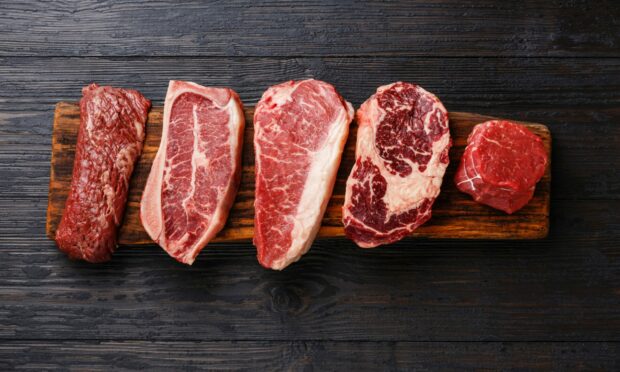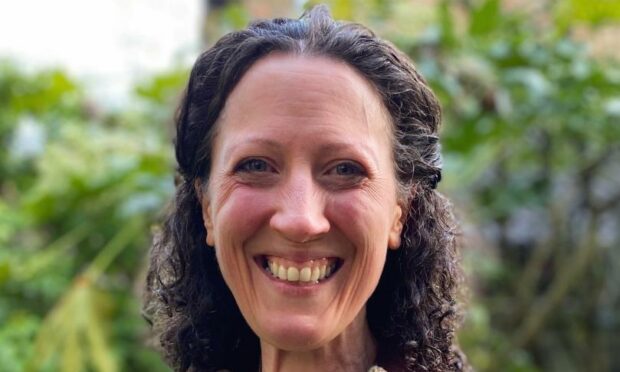A return flight from London Heathrow to Sydney is estimated to produce the same amount of carbon for one passenger as 172.1kg of beef produced in the UK.
That was one of a list of facts given to Scottish farmers by Professor Jude Capper – an award-winning livestock sustainability consultant who is Chair of Sustainable Beef Production at Harper Adams University – speaking virtually at NFU Scotland‘s autumn conference.
Prof Capper encouraged livestock farmers to arm themselves with facts such as this when communicating with the public about their industry.
Speaking against the backdrop of calls for people to reduce their meat and dairy consumption as part of efforts to tackle climate change, Prof Capper said international flights emitted considerably more carbon than beef produced in the UK.
Pulling together data on the greenhouse gas emissions produced by return flights from London Heathrow to various international destinations, Prof Capper said a return flight to Paris Charles De Gaulle produced the same amount of carbon as the production of 7.2kg of beef in the UK.
This rose to the equivalent of 50.8kg of beef for a return flight to New York’s JFK Airport, and 172.1kg for a return flight from London to Sydney in Australia.
Prof Capper said the data, when based on an average annual consumption of 18.2kg of beef per person in the UK, showed a return flight to Sydney emitted the same carbon as a person eating their average amount of beef for nine years.
“We need to put it into context for people,” said Prof Capper.
She also encouraged farmers not to get caught up worrying about a rise in veganism, as data suggested those choosing meat-free and dairy-free diets were in the minority, and said they should focus instead on encouraging flexitarians to choose locally-produced food when they choose to eat meat and dairy products.
Prof Capper said data from Veganuary – an initiative encouraging people to adopt a vegan diet for the month of January – showed 582,538 people signed up to take part this year from more than 190 countries.
She said if all these people were resident in the UK they would account for less than 1% of the population, and when broken down into all the different countries they equated to an average of 2,787 participants per country.
Drawing on results from a YouGov survey on eating habits in 2019, Prof Capper said 78% described themselves as meat-eaters, 3% were pescatarian, 15% were flexitarian, 3% were vegetarian, and 1% were vegan.
Prof Capper said the “guilt factor”, including concerns about the environment or animal welfare, was often behind people opting to avoid meat and dairy products.
She encouraged farmers to engage with consumers, retailers, processors and policymakers to debunk these concerns and said: “When you have that conversation you have to keep it positive.”


